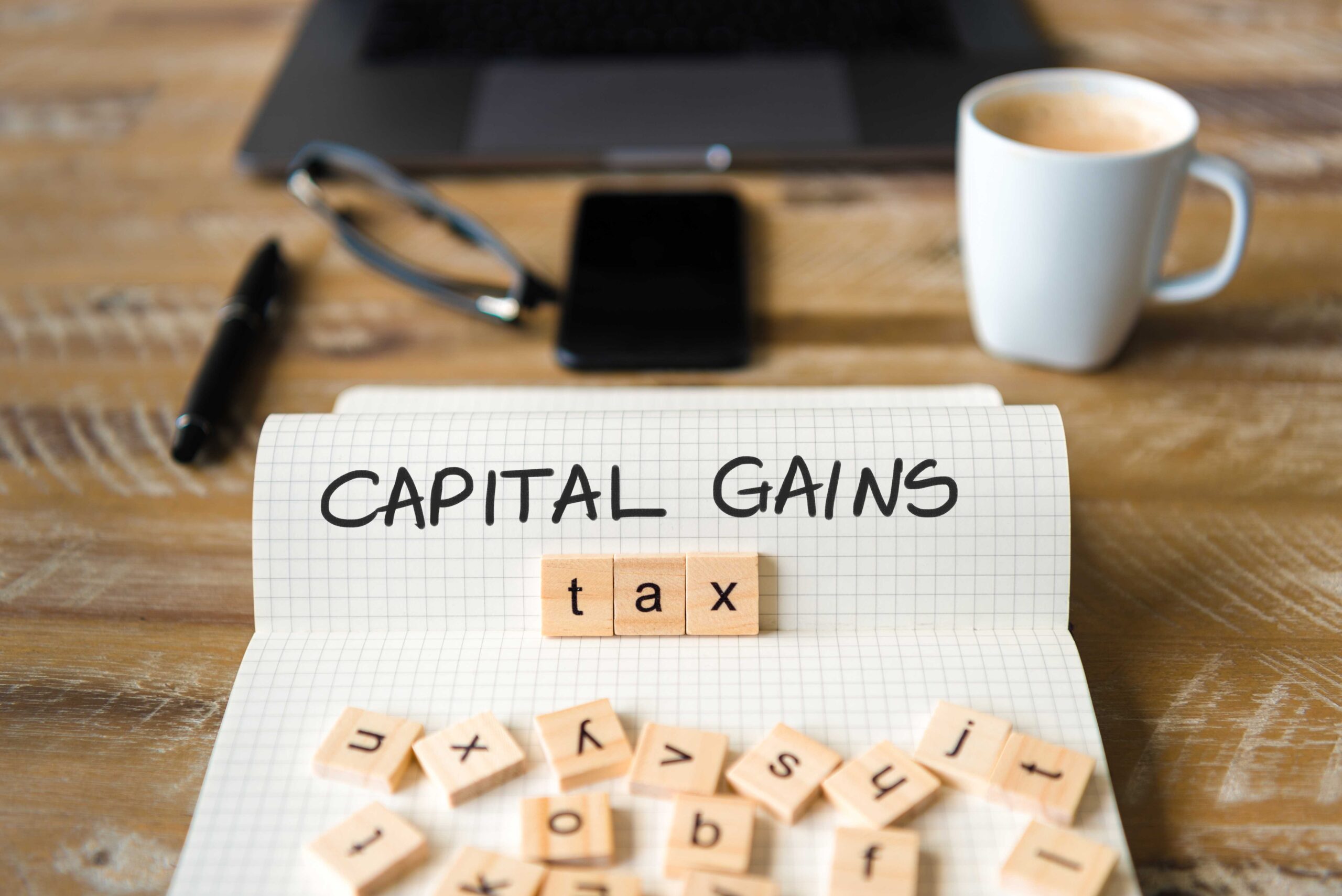
None of us want to pay more tax than is absolutely necessary, but when it comes to Capital Gains Tax (CGT), the impact of the tax liability is cushioned to an extent by the fact that CGT only applies when you have made a profit from selling an asset. Furthermore, generous annual CGT allowances that have applied in the past have meant that liabilities to CGT could be at worst minimised or potentially avoided altogether.
Reduction in annual exemption
The status quo changed in the November 2022 Budget, when Chancellor Jeremy Hunt announced that the annual CGT exemption – which is the total amount of gain an individual can make on assets in a tax year – would fall from £12,300 per annum to £6,000 from April 2023, and then fall again to just £3,000 from April 2024. These significant reductions to the annual CGT exemption will make it more difficult to manage gains effectively to avoid a potential CGT liability and will undoubtedly increase the revenue generated from CGT receipts. The Office for Budget Responsibility estimate that £17.8bn will be raised from CGT in the 2023/24 tax year. This is the equivalent to £620 per household or 0.7% of national income.
The rate of CGT that an individual pays depends on the asset being sold, and their overall tax position. Higher Rate taxpayers automatically pay CGT at a rate of 28% on gains from residential property, and 20% on the sale of other assets, such as investments. It is possible to pay a lower rate of CGT, at 18% for residential property sales and 10% for the sale of other assets, but only if the gain – when added to an individual’s taxable income in the tax year – remains within the basic rate band.
How financial planning can help
We often meet new clients who have held investments for a long period of time, without reviewing or changing their portfolio of investments. Buying investments and retaining them for the long term has been a popular mantra for investors over the years; however, by not reviewing investments regularly and making decisions to use the available allowances, gains can build up over time. As a result, a hefty CGT bill is created on disposal.
With careful planning, individuals can minimise their potential CGT liability. At FAS, as part of our regular financial planning review process, we consider the performance, asset allocation and strategy adopted within an investment portfolio. We also consider the portfolio structure to look to ensure that individual assets do not grow out of shape compared to the rest of the portfolio. This avoids introducing additional investment risk and volatility, as well as helping to avoid a potential CGT problem in the future.
Regular use of the Individual Savings Account (ISA) allowance is an important component of many financial plans. ISAs provide exemption from CGT and Income Tax and by investing in an ISA, investments can grow over time without any CGT considerations. A popular way of using the ISA allowance is through a “Bed and ISA” transaction, when investments held outside of an ISA are sold and the proceeds used to repurchase the investment within the ISA wrapper. The sale could potentially be liable to CGT, though any future disposal from within the ISA would be exempt.
Married couples also enjoy greater flexibility in managing potential gains. Transfers of assets between spouses are not deemed to be a disposal, and therefore it may be possible to transfer investments between spouses to make the best use of the available allowances, and potentially reduce or eliminate a potential CGT liability.
Advice to landlords who are selling
Another area where we are called on to provide advice is to individuals who are looking to sell buy to let or holiday properties. Regulatory pressure on landlords has been steadily growing, and with house prices expected to fall modestly over the next 12 to 18 months, some landlords are considering selling up with the aim of diversifying into other assets.
Whilst property investors can deduct their expenses incurred in the sale of the property, and can also claim other allowances to cover capital spent on improvements, many investors will still find themselves with a large CGT liability when selling a property, in particular if it has been held for many years. We can look at options to mitigate this liability, which include tax efficient investments such as Venture Capital Trusts (VCTs), which provide Income Tax relief on the investment made, which can be used to “offset” CGT payable elsewhere. This is a high risk and complex area, and therefore seeking expert advice is critical.
By taking a holistic approach, we can review an individual’s overall financial position, and look to recommend solutions designed to replace lost rental income and achieve greater diversification. In addition, investors often find that liquidity improves when holding investments, as assets are available to access quickly and efficiently when compared to holding bricks and mortar. Finally, tax efficiency can often be improved significantly, given the ability to use ISAs and other tax efficient savings vehicles.
Take steps to review your position
The revenue generated by CGT receipts is likely to increase further as the annual CGT exemption halves again next year, and more individuals are subject to CGT on disposal of assets. CGT is only payable when making a gain, but nonetheless, the amount of tax due can be minimised by careful financial planning.
Speak to one of our experienced team here to review your existing portfolio or discuss tax-efficient planning opportunities.





